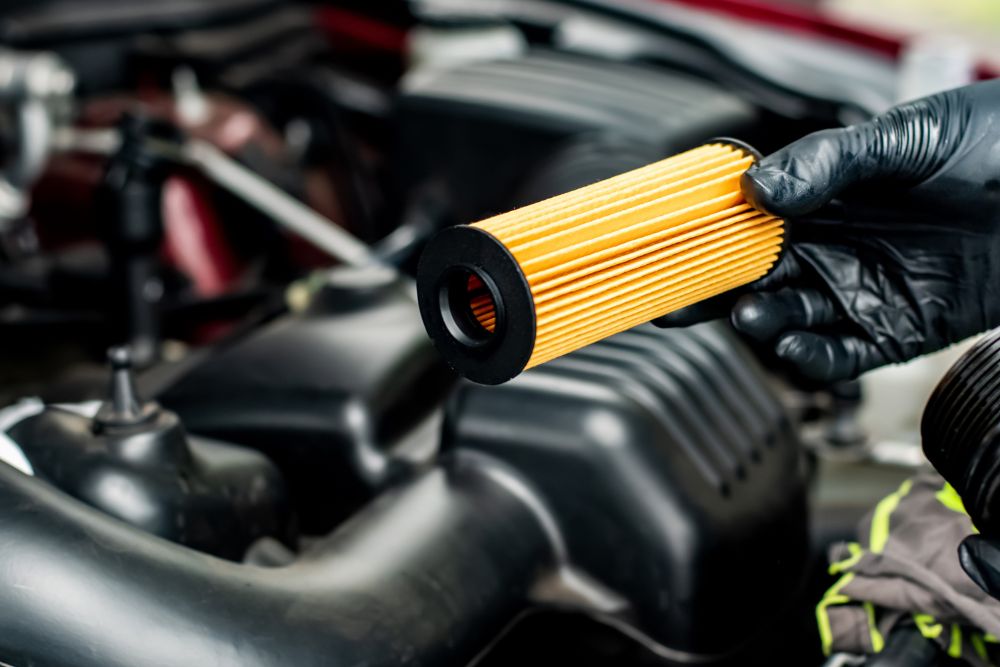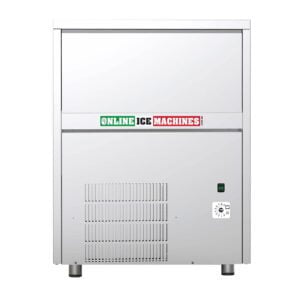Filters play a crucial role in truck maintenance. This article discusses the importance of various filters in Sinotruk and Shacman trucks.
Oil Filters
Oil filters play a crucial role in maintaining the health of your truck’s engine by removing contaminants from the engine oil. As the engine operates, it generates heat and friction, which can cause particles like dirt, metal shavings, and carbon deposits to accumulate in the oil. If these impurities are not filtered out, they can lead to increased wear and tear on engine components, reduced lubrication effectiveness, and ultimately, engine failure.
Regularly replacing oil filters is essential for ensuring clean oil circulation, which is vital for engine longevity and performance. Most manufacturers recommend changing the oil filter every time you change the engine oil, typically every 5,000 to 7,500 miles, depending on your driving habits and the type of oil used. Failure to replace oil filters can result in clogged filters, which restrict oil flow and can cause engine overheating and damage.
In addition to regular maintenance, it’s important to choose the right oil filter for your specific truck model. High-quality oil filters are designed to meet or exceed OEM (original equipment manufacturer) specifications, providing the best protection for your engine.
Air Filters
Air filters are another essential component in truck maintenance. Their primary function is to prevent dirt and debris from entering the engine, which can compromise performance and efficiency. Clean air is critical for the combustion process, and any contaminants can disrupt the air-fuel mixture, leading to reduced power output and increased fuel consumption.
Keeping air filters clean enhances engine performance and fuel efficiency. Clogged air filters can restrict airflow, causing the engine to work harder, which not only decreases efficiency but can also lead to premature engine wear. It’s generally recommended to inspect and replace air filters every 15,000 to 30,000 miles, though this can vary based on operating conditions. Trucks operating in dusty environments may require more frequent replacements.
Regular checks and replacements of air filters can lead to noticeable improvements in fuel economy, allowing drivers to save on operational costs while also ensuring optimal engine performance. Moreover, some modern trucks come equipped with a sensor that monitors air filter condition, providing real-time alerts for necessary replacements.
Fuel Filters
Fuel filters are vital for maintaining smooth engine operation by removing impurities from the fuel before it enters the engine. Contaminated fuel can lead to a variety of issues, including decreased performance, stalling, and even severe engine damage. By filtering out water, dirt, and other impurities, fuel filters ensure that the engine receives clean fuel for combustion.
Regular replacement of fuel filters is critical for optimal performance. Most experts recommend replacing fuel filters every 20,000 to 40,000 miles, depending on the type of fuel used and the vehicle’s operating conditions. Neglecting fuel filter maintenance can lead to clogs, which can cause fuel starvation, reducing engine power and efficiency.
In addition, a clogged fuel filter can strain the fuel pump, leading to premature wear and the potential for costly repairs. Therefore, regular inspections and timely replacements are essential for maintaining the health of your truck’s fuel system.
Cabin Filters
While oil, air, and fuel filters focus on the engine’s performance, cabin filters are crucial for ensuring a comfortable driving experience. Cabin filters improve the air quality inside the truck by trapping dust, pollen, and other airborne particles, providing clean air for the driver and passengers.
Regularly replacing cabin filters is important for ensuring a comfortable driving environment. A clogged cabin filter can lead to reduced airflow, causing discomfort during driving and potentially straining the HVAC system. Additionally, neglected cabin filters can contribute to unpleasant odors and reduced visibility due to fogged windows.
To maintain a pleasant driving experience, it is recommended to replace cabin filters every 15,000 to 30,000 miles or as specified in the truck’s owner manual. Keeping the cabin filter clean not only enhances comfort but also contributes to overall driver alertness and safety.
Conclusion
The role of filters in truck maintenance cannot be overstated. Oil, air, fuel, and cabin filters each play a vital role in the performance, efficiency, and longevity of trucks like Sinotruk and Shacman. Regularly checking and replacing these filters not only enhances vehicle performance but also prevents costly repairs down the line. By prioritizing filter maintenance, truck owners can ensure their vehicles operate smoothly, efficiently, and comfortably for years to come.















